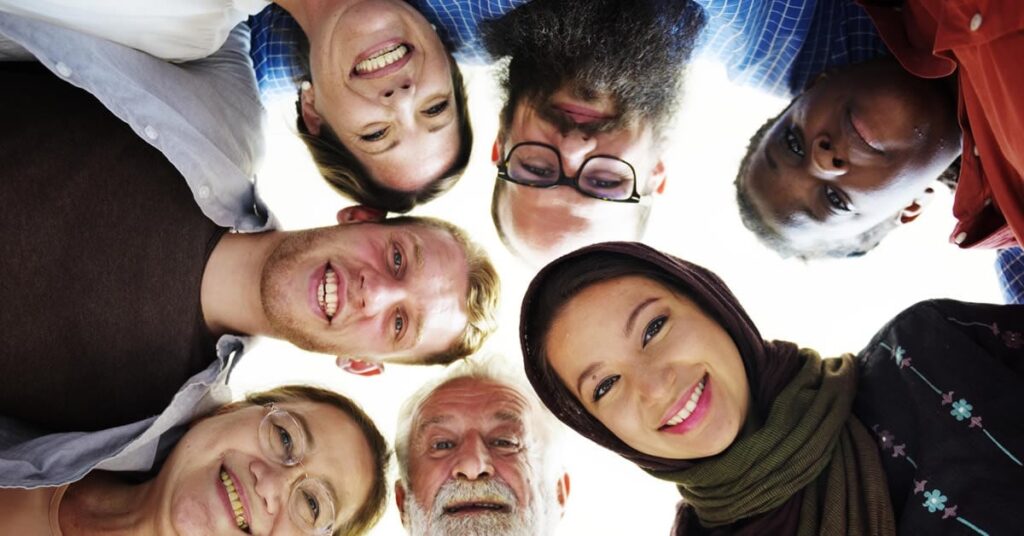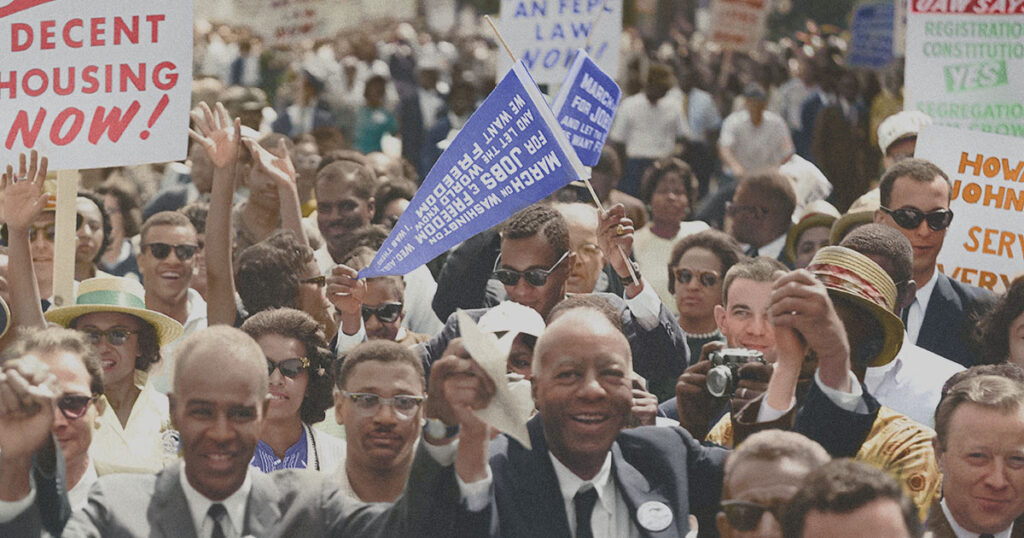The quest for equality has been a central theme throughout human history, as individuals and communities have sought to overcome discrimination, injustice, and oppression in various forms. From civil rights movements to advocacy campaigns, the fight for equality has brought about significant social changes, but challenges persist as societies continue to grapple with systemic barriers and deep-rooted inequalities. In this article, we explore the challenges and achievements in the ongoing struggle for equality across different aspects of society.
Historical Context: From Civil Rights to Contemporary Movements

The struggle for equality has deep historical roots, with key milestones such as the abolition of slavery, the suffrage movement, and the civil rights movement marking significant progress towards greater social justice and equality. These movements paved the way for legislative reforms, legal protections, and social changes that have advanced the rights and freedoms of marginalized groups.
In recent decades, new social movements have emerged to address ongoing inequalities and injustices. The feminist movement, LGBTQ+ rights movement, disability rights movement, and indigenous rights movement are just a few examples of grassroots efforts to challenge discrimination and promote inclusivity in society. These movements have raised awareness about issues such as gender inequality, homophobia, ableism, and colonialism, sparking important conversations and driving policy changes at local, national, and international levels.
Challenges in the Fight for Equality
Despite progress in the fight for equality, significant challenges remain, reflecting the persistence of structural inequalities and systemic barriers that perpetuate discrimination and marginalization. Some of the key challenges include:
- Intersectionality: Many individuals face multiple forms of discrimination based on intersecting factors such as race, gender, sexuality, disability, and socioeconomic status. Intersectional approaches to activism and advocacy are essential for addressing the complex and overlapping nature of oppression and privilege.
- Institutional Bias: Discriminatory practices and biases within institutions such as governments, corporations, and educational systems can perpetuate inequality and limit opportunities for marginalized groups. Addressing institutional bias requires systemic reforms and changes to policies, practices, and organizational cultures.
- Violence and Harassment: Marginalized communities are disproportionately affected by violence, harassment, and hate crimes, which can have devastating physical, emotional, and psychological effects. Efforts to combat violence and harassment must prioritize survivor support, perpetrator accountability, and community-based interventions.
- Economic Inequality: Economic disparities based on factors such as race, gender, and class contribute to social inequality and limit access to resources, opportunities, and basic necessities. Reducing economic inequality requires policies that promote fair wages, affordable housing, healthcare, education, and social safety nets.
- Digital Divide: In an increasingly digital world, access to technology and the internet has become essential for participation in education, employment, and civic life. However, disparities in digital access and literacy exacerbate existing inequalities, creating digital divides along lines of race, income, geography, and ability.
Achievements and Progress Towards Equality
Despite the challenges, there have been significant achievements and milestones in the fight for equality, reflecting the resilience, activism, and solidarity of marginalized communities and their allies. Some notable achievements include:

- Legal Protections: The enactment of anti-discrimination laws, human rights legislation, and constitutional protections has provided legal safeguards against discrimination and ensured greater recognition of the rights and dignity of marginalized groups.
- Social Movements: Grassroots movements and advocacy campaigns have raised awareness about issues of inequality and mobilized public support for social change. From marches and protests to online activism and community organizing, social movements have been instrumental in challenging oppressive systems and demanding justice.
- Representation and Visibility: Increased representation and visibility of marginalized voices in media, politics, arts, and culture have challenged stereotypes, broadened perspectives, and empowered individuals to assert their identities and experiences.
- Community Support: Mutual aid networks, support groups, and community organizations provide vital resources, services, and solidarity to marginalized communities, fostering resilience, empowerment, and collective action.
- Educational Initiatives: Educational initiatives such as diversity training, inclusive curriculum development, and cultural competency programs help raise awareness about issues of equality and promote understanding and empathy across diverse communities.
The fight for equality is an ongoing struggle that requires sustained commitment, collaboration, and solidarity from individuals, communities, and institutions. While challenges persist, progress towards greater social justice and inclusivity continues to be made through activism, advocacy, and collective action. By addressing systemic inequalities, challenging discrimination, and promoting diversity and inclusion, we can build a more equitable and just society where all individuals are valued, respected, and empowered to thrive. As we reflect on past achievements and confront current challenges, let us renew our commitment to the principles of equality, justice, and human rights for all.
